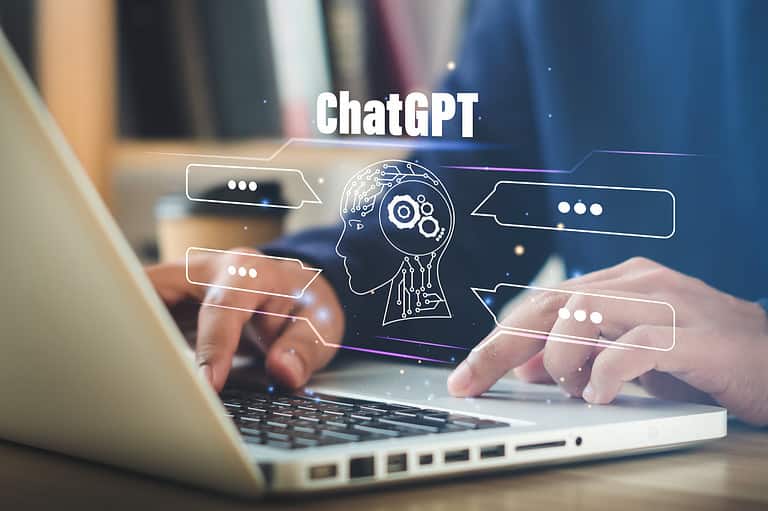According to a new study by researchers at the University of Pennsylvania and OpenAI, generative artificial intelligence (AI) is set to revolutionize several professions, with accountants, mathematicians, interpreters, and writers at the top of the list of those most exposed to the technology’s capabilities.
The study analyzed the share of tasks within each occupation that could be performed at least 50% faster using generative AI. Software that is powered by large language models, generative pre-trained transformers, or GPTs, can analyze and generate text at an unprecedented scale.
The researchers found that nearly 20% of the U.S. workforce could benefit from the technology, with 80% of workers in occupations where at least one job task can be performed more quickly by generative AI.
Also read: OpenAI introduces GPT-4, also available in Microsoft Bing
The friction of new technology
Information-processing roles, including public relations specialists, court reporters, and blockchain engineers, were highly exposed to the technology. They used a government database of occupations and associated activities and tasks, with people and AI models assigning exposure levels to the tasks.
The authors did not predict which jobs would be lost or whose jobs would be affected by the technology, emphasizing that implementing new technologies is often fraught with negotiation and resistance.
However, individuals have already begun using generative AI to work more efficiently, with some employers allowing experimentation with the technology. Recent studies have shown that generative AI can save time and produce better results than humans in specific tasks.
The future of work will never be the same
Furthermore, Microsoft recently analyzed the capabilities of GPT-4, the latest version of OpenAI’s tool, and found that it could solve “novel and difficult tasks” with “human-level performance” in fields such as mathematics, coding, medicine, law, and psychology.
According to experts, the challenge for companies, schools, and policymakers is to help people adapt to new technology.
Generative AI’s potential impact on the workforce is undeniable, with industries and professions set to change significantly in the coming years. It remains to be seen how companies, schools, and policymakers will respond to the challenge, but one thing is certain: the world of work is on the brink of a major transformation.
